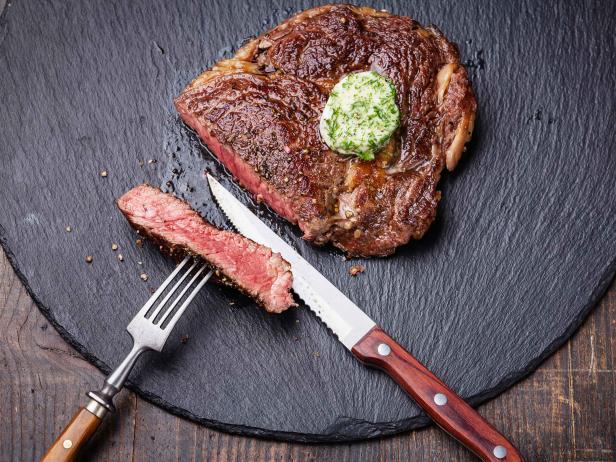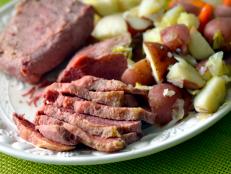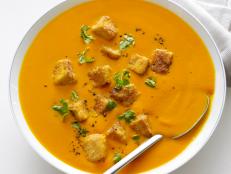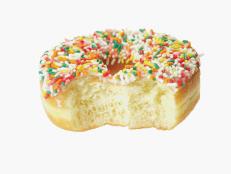Americans Are Eating Way Less Beef

Lisovskaya Natalia, (c) Lisovskaya Natalia
Where’s the beef? It’s not on Americans’ plates as much as it used to be.
United States consumers ate 19 percent less beef in 2014 than they did in 2005, according to a new report published by the Natural Resources Defense Council. The NRDC calculates that Americans’ reduction in U.S. beef consumption shrank their carbon footprint as much as they would have had they eliminated the annual tailpipe emissions of 39 million cars.
While Americans also lowered the amount of other foods, such as orange juice, pork, plain whole milk, chicken and high-fructose corn syrup, over the same period of time, the reduction in all other foods combined accounted for only about the equivalent of 18 million cars’ worth of emissions, according to the NRDC.
Still, even though Americans are eating less beef, it remains the leading U.S. dietary contributor to climate-warming pollution, accounting for about 34 percent of food-production-related emissions in 2014. The production of one kilogram of beef releases an additional 26 kilograms of carbon dioxide into the environment.
What’s more, the organization noted, at the same time they were eschewing all those steaks and burgers, Americans increased their consumption of other carbon-intensive foods, like cheese, yogurt and butter, and so partially offset the pollution reduction they scored from eating less beef.
As for why Americans are eating less beef, theories differ. The market research firm Mintel cites a combination of “health, environmental and even cost concerns” as reasons that U.S. consumers are swapping red meat, including beef, for other sorts of proteins. But the trade group National Cattleman’s Beef Association told the New York Times that lower beef consumption was due to a decline in supply and greater competition from other meats, such as chicken and pork.
Then again, they definitely have a steak in this game.
Photo: iStock






























































